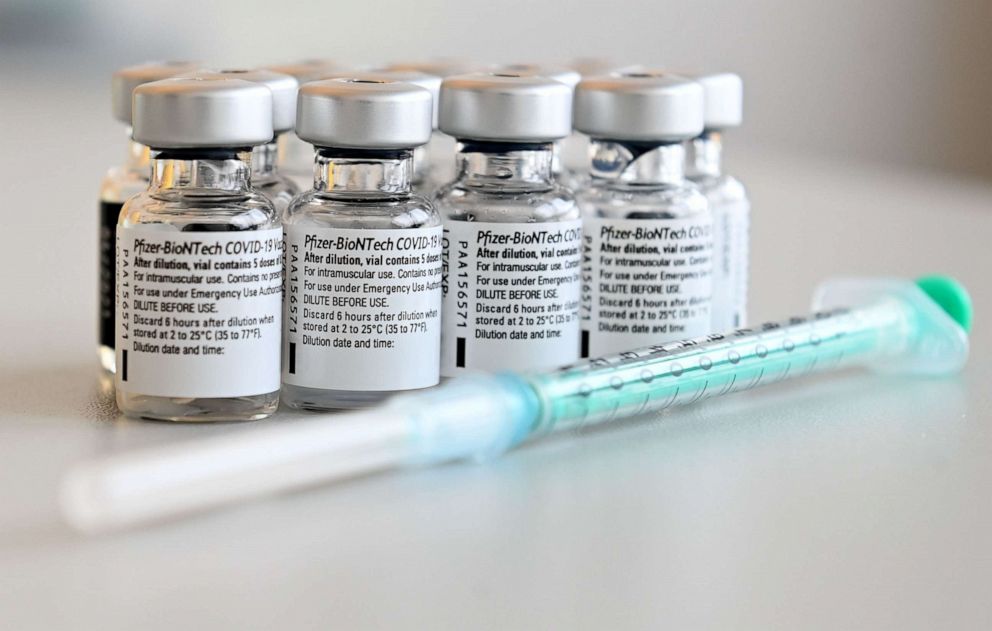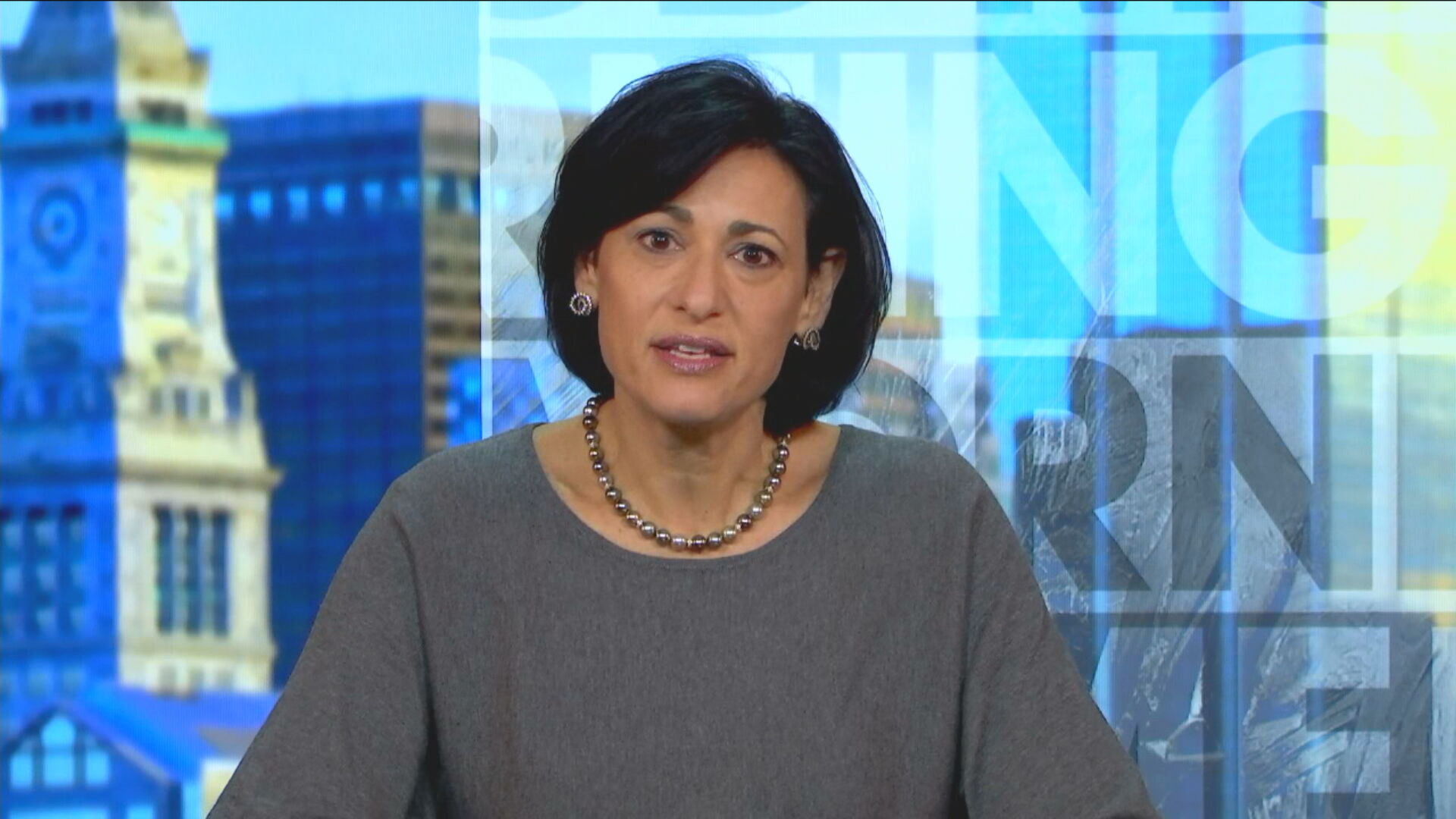Seychelles reopens to all tourists who have been vaccinated
Seychelles Tourism Minister Sylvestre Radegonde has announced that the island nation is reopening its doors to all tourists, as long as they have been fully vaccinated against COVID-19.
In addition to providing proof that they have received both doses of a COVID-19 vaccine, visitors must also produce a negative COVID-19 test taken within the 72 hours prior to their arrival in order to be exempt from quarantining, Radegonde said at a press conference last week.
From mid-March, those who wish to visit Seychelles will only need to provide a negative COVID-19 test result as the country hopes to have 70% of its population vaccinated by that point, Radegonde said.
Sybille Cardon, chairperson of the Seychelles Hospitality and Tourism Association, told the state-owned Seychelles News Agency that the new measures to reopen the country will not help the tourism industry immediately.
"It is definitely not something that will help us immediately because, as you know, in Europe they want to vaccinate everyone with at least the first dose of the vaccine," Cardon said Monday. "The second dose will not be administrated in three weeks, as previously said. It will be done in about 2 to 3 months as they want to give the first dose to the majority of people. This means that the decision taken will not have a direct impact."
Seychelles, an Indian Ocean archipelago located off the coast of East Africa with a population of just under 100,000, has reported 746 confirmed cases of COVID-19 since the start of the pandemic, including two deaths, according to the latest data from the Africa Centers for Disease Control and Prevention.






